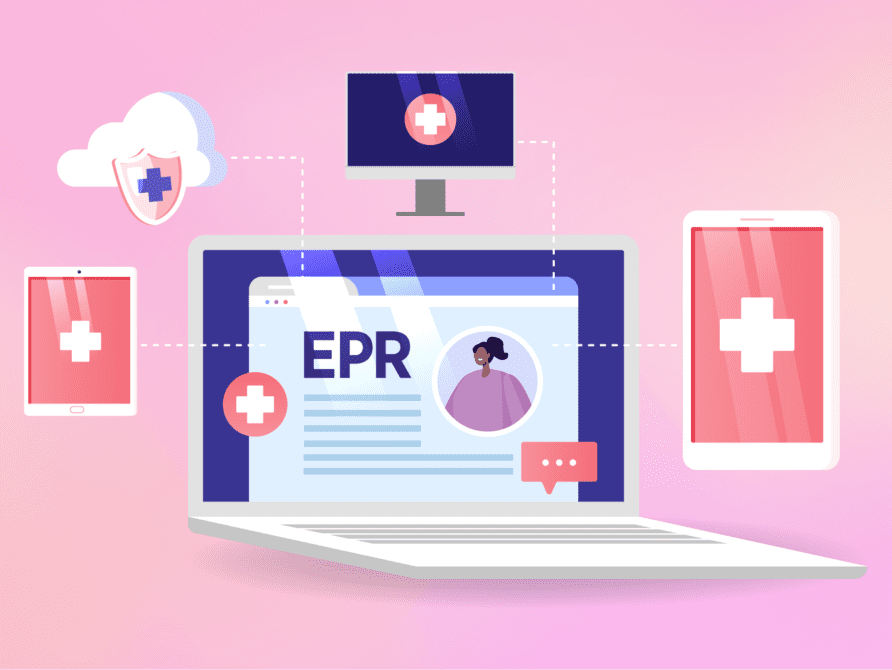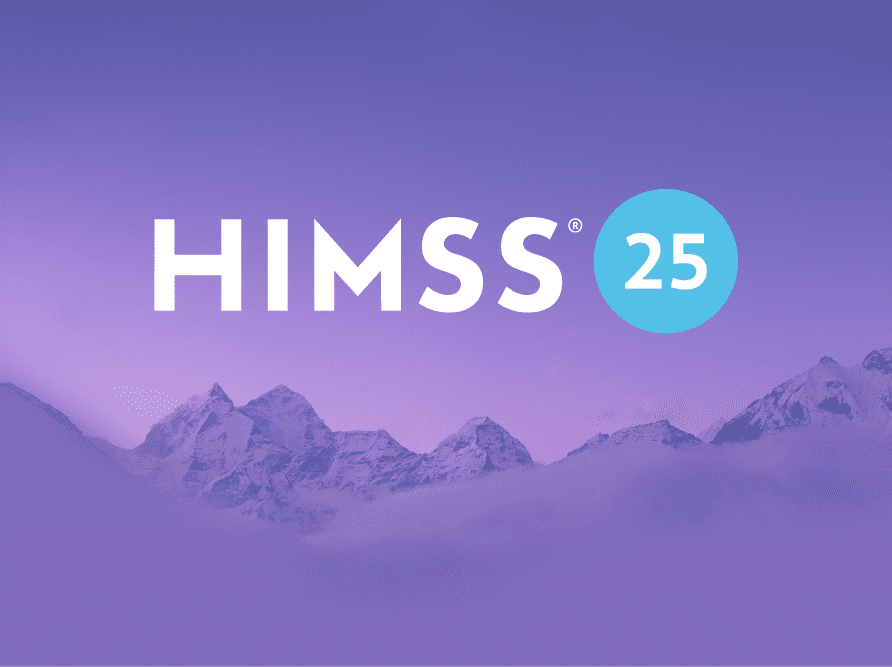INSIGHTS
“Our health IT challenges were interdependent and very complex,” Chief
Clinical Information Officer Dr Martin Farrier said. Handwritten notes were
difficult to read and WWL accumulated physical paper documents at an
exponential rate. In addition, clinicians had trouble accessing the data within
these notes.
“Our data was poor, the systems collecting data were poor, and we had
this huge influx of knowledge—test results, other online databases, genetic
information—that clinicians were trying to assimilate and interpret,” Farrier
said. “All the problems were coming together at the same time, and we
couldn’t just carry on doing this with paper. The future could not look like
the past.”
Agile implementation
Enabled WWL to go live with clinical systems at its own pace and with existing PAS
Clinician access to data
Electronic access to data enables better communication and care coordination
Foundation for future
Plans to build on early benefits by going paperless, standardising clinical pathways and sharing data with other hospitals and GPs
Achieving clinical benefits at a lower risk
WWL wasn’t just searching for a new EPR it also had to replace a system that
it had used for a decade. The technology did not have noting capabilities and
served more as a repository for letters and results. The organisation also had an existing patient administration system (PAS) that was serviceable and stable.
“From our point of view the question was straightforward: How do you
generate the greatest clinical benefit from the least time and money?” Farrier
said. “PAS replacement would have been a lot of work and a lot of risk, with no clinical benefits…Altera Sunrise gave us obvious clinical benefits.”
WWL knew that Sunrise had a proven track record in other NHS Trusts, and
Farrier recalled: “The fact that Altera Sunrise was thriving in other places was
very reassuring.”
WWL opted to leave their existing PAS in place and pursue a clinical wrap
strategy—a robust Altera Sunrise clinical platform would integrate with
existing clinical and financial systems. The organisation went live with a bigbang approach. In June of 2016, WWL launched Altera Sunrise at the same
time across five sites: Royal Albert Edward Infirmary, Wrightington Hospital,
Leigh Infirmary, Thomas Linacre Centre and Boston House.
“With an agile implementation, we were learning about how people are using
the system and changing accordingly,” Farrier said. “In the early days, we
worried about data input, but now we are focused on data output and helping users quickly access the information.”
Solving challenges for clinicians
The Altera Sunrise Acute Care platform provided a robust clinical system,
with capabilities such as clinical documentation, order communications and
electronic patient medication administration (EPMA).
“Altera Sunrise makes change happen and enables us to work in a different
way,” Farrier said. “I’m able to see what is happening in the wards without
being physically there. I don’t need to get notes to see what’s happened with
a patient, I can bring them up wherever I am. Altera Sunrise has solved a
sequence of problems, making us more efficient.”
WWL conducts periodic feedback sessions with clinical users to help ensure
that Sunrise Acute Care evolves to meet their needs. However, based on some of WWL’s implementation experiences, Farrier advised that it’s important to maintain simplicity and rely on proven, standard content.
“People say they want a lot of complicated things, but it’s best to deploy it in
its simplest form and build out from there,” Farrier said.
“Altera Sunrise is a beautifully simple, ready-made system. It’s everything you need, and nothing you don’t.”
Dr. Martin Farrier
Clinical Information Officer
Focused on the future
When asked about WWL’s plans for Altera Sunrise Acute Care over the next
few years, Farrier responded, “We have endless plans…We intend to build on
the benefits we’ve seen and expect major benefits down the line.”
For example, the Trust is implementing Altera Sunrise Patient Flow system
for better bed management and proper data analysis. WWL also expects
to improve quality of care by identifying and triggering appropriate clinical
pathways for patients with specific conditions, such as sepsis and pneumonia.
“Altera Sunrise helps us make WWL a safer and better-run organisation,” said
Farrier.
Beyond its continued efforts to remove paper-based systems, WWL expects
to build more connections to share data with other organisations and GPs.
“We want to share with other hospitals and GPs, inside and outside of our
locality, as well as helping patients access their own records,” Farrier said.
“How do you generate the greatest clinical benefit from the least time and money? PAS replacement would have been a lot of work and a lot of risk, with no clinical benefits…Altera Sunrise gave us obvious clinical benefits.”
Dr. Martin Farrier
Clinical Information Officer
About the Client:
Wrightington, Wigan and Leigh Teaching Hospitals NHS Foundation Trust
Wrightington, Wigan and Leigh Teaching Hospitals NHS Foundation Trust is a large NHS provider in Greater Manchester. It has a close working relationship with Altera that dates back to 2014, when it announced that it would use Sunrise™ to develop an electronic patient record that it calls the Health Information System, or HIS.
The trust went live with Sunrise in 2016 and is now using the most recent version, Sunrise 18.4. In November 2019, it became the first NHS organisation to open a digital experience centre with Altera, on the site of the Royal Albert Edward Infirmary in Wigan.
Related Insights
Article
Client Story
Phoenix Children’s Hospital extends its reach of care with Altera Digital Health
Phoenix Children's Hospital
Article
Article
Article
Advancing interoperability: Altera at the IHE North America Connectathon
Tzlil Miles-Malachi
Article
Article
The dangers of disparate systems
Michelle Durbin
Article
Article











